Chamber Music Maryland Podcasts

WBJC's Jonathan Palevsky and pianist Benjamin Grosvenor dive into Grosvenor's program ahead of his December 7, 2025, performance with Chamber Music Maryland.

Join Jonathan Palevsky in conversation with Peter Phillips, director of the world famous Tallis Scholars, on WBJC's Music in Maryland.

Hear WBJC's Jonathan Palevsky talk with Vijay Iyer ahead of his performance with Chamber Music Maryland on Jan. 12, 2025 about his collaborative spirit and his unique approach to composition.

Check out Jonathan Palevsky’s interview with Boris Giltburg on WBJC’s Music in Maryland to hear him discuss his relationship with music and his approach to the great composers!

Dive into the artistry of Jean-Efflam Bavouzet as he shares his inspirations and the soul of French music in a captivating conversation with Jonathan Palevsky on WBJC's Music in Maryland.
Join Jonathan Palevsky as he dives deep into Brahms' masterful quintet for clarinet and strings.
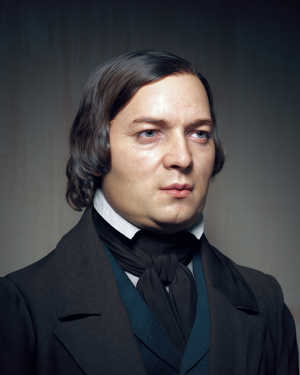
What inspired Schumann to write the incredible Kreisleriana? From where does the work get its name? Join WBJC's Jonathan Palevsky as he explores the story behind this famous work for piano.
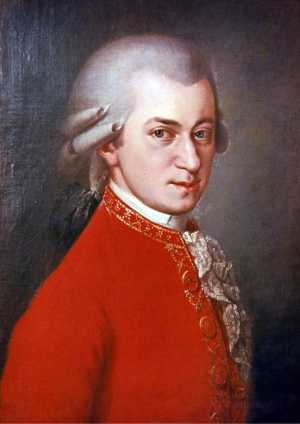
Why did Mozart write a work for clarinet and string quartet? What sets the work apart on a musical level? Join WBJC's Jonathan Palevsky as he explores the inner workings and musicological backstory of Mozart's iconic Clarinet Quintet.
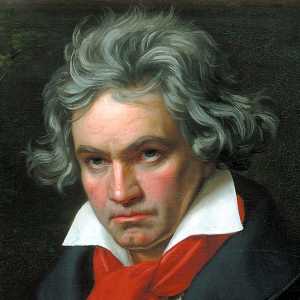
Should we be calling Beethoven’s beloved “Kreutzer Sonata” the “Bridgetower Sonata” instead? In this podcast, find out all the juicy details of a friendship gone wrong and the passive aggressive dedication Beethoven wrote to a man he barely knew. Join WBJC’s Jonathan Palevsky as he uncovers the dramatic backstory and analyzes the equally dramatic piece.

In honor of Beethoven’s 250th Anniversary (2020), Jonathan Palevsky from WBJC radio discusses Beethoven’s Grosse Fugue and the history behind String Quartet No. 13.

The Piano Trio in B-flat major, Op. 97, by Ludwig van Beethoven is a piano trio completed in 1811. It is commonly referred to as the Archduke Trio, because it was dedicated to Archduke Rudolph of Austria, the youngest of twelve children of Leopold II, Holy Roman Emperor. Hosted by Jonathan Palevsky.

Join Jonathan Palevsky as he dives deep into Franz Schubert’s Autumn Sonata, renowned for its emotional expression and unique stylistic features. Mr. Palvesky examines the history of the piece, including the events around its conception, and its lasting impact, despite the piece not being published until about 10 years after Schubert’s death.
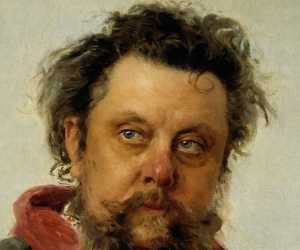
Pictures at an Exhibition is a suite of ten piano pieces, plus a recurring, varied Promenade theme, composed by Russian composer Modest Mussorgsky in 1874. The piece is Mussorgsky’s most famous piano composition, and it has become a showpiece for virtuoso pianists. Hosted by Jonathan Palevsky.
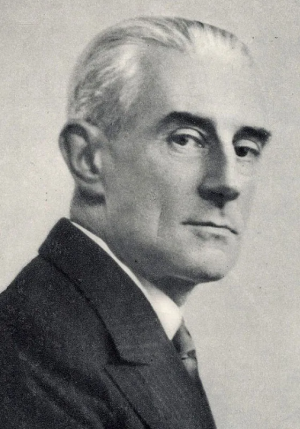
Written in 1903 when Ravel was 28 years old, the composer dedicated his string quartet to his teacher, Gabriel Fauré, who initially rejected the work, new music that broke established rules of harmony and form, drawing on jazz and Asian Gamelan influences. Join WBJC’s Jonathan Palevsky in this Candlelight Concert Society podcast as he explores Ravel’s life, his work, and the history of this Impressionist masterpiece, the String Quartet in F major.

The Fantasie in C major, Op. 17, was written by Robert Schumann in 1836. It was revised prior to publication in 1839, when it was dedicated to Franz Liszt. It is generally described as one of Schumann’s greatest works for solo piano, and is one of the central works of the early Romantic period. Join WBJC’s Jonathan Palevsky as he explores Schumann’s masterpiece.
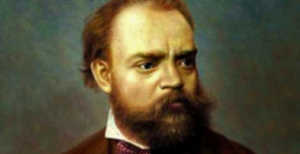
Antonín Dvorak’s Piano Quintet No. 2 in A major, Op. 81, B. 155, is a quintet for piano, 2 violins, viola, and cello. It was composed between August 18 and October 8, 1887, and was premiered in Prague on January 6, 1888. The quintet is acknowledged as one of the masterpieces in the form, along with those of Schumann, Brahms and Shostakovich. Host: Jonathan Palevsky.

Host Jonathan Palevsky explores what makes Francis Poulenc’s Trio so great. The trio was well received at its premiere in Paris, with the composer at the piano. It has been performed and recorded frequently since. Critics have praised the work’s depth of feeling, and it is regarded as the first major chamber work by Poulenc.
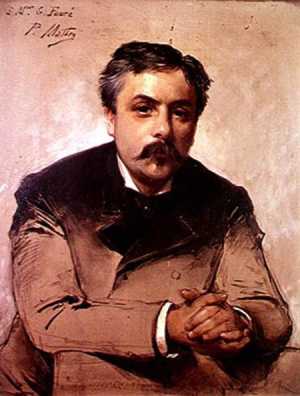
Join WBJC host Jonathan Palevsky has he explores the life and music of composer Gabriel Fauré. From his early upbringings to the compositions that cemented him in history and inspired many who came after him.











